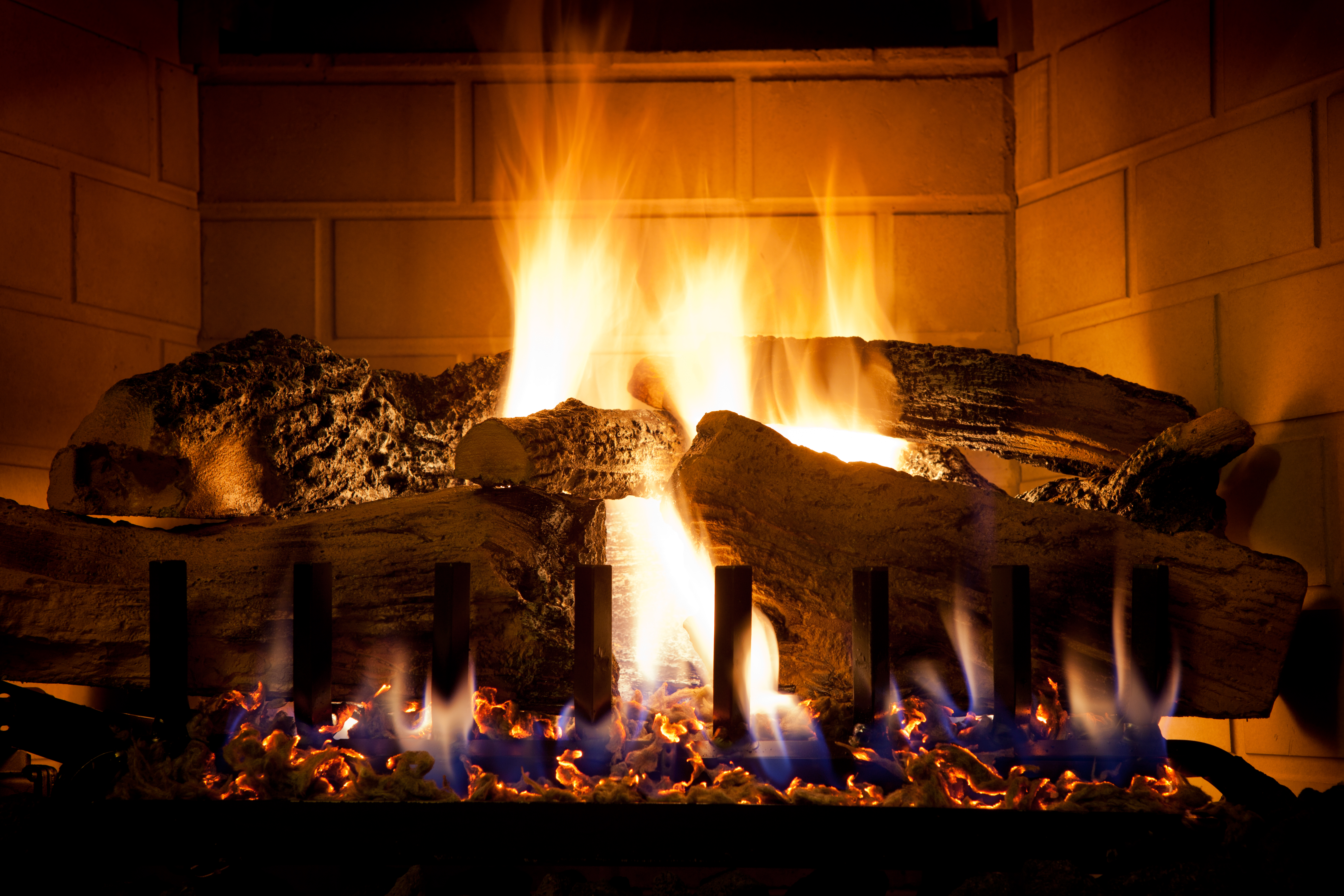
Get matched with top gas log pros in Fort Jones, CA
Enter your ZIP and get matched with up to 5 pros
Need a pro for your gas log service project in Fort Jones, CA?
Verified Reviews for Gas Log Service pros in Fort Jones, CA
*The Angi rating for Gas Log Service companies in Fort Jones, CA is a rating based on verified reviews from our community of homeowners who have used these pros to meet their Gas Log Service needs.
*The HomeAdvisor rating for Gas Log Service companies in Fort Jones, CA is a rating based on verified reviews from our community of homeowners who have used these pros to meet their Gas Log Service needs.
Last update on December 10, 2025
Find Gas log pros in Fort Jones
Custom Plumbing
Custom Plumbing
Professionalism, certified technicians, excellent customer service, friendly, respectful of others belongings and property,always staying up to date on technology and green building
Professionalism, certified technicians, excellent customer service, friendly, respectful of others belongings and property,always staying up to date on technology and green building
The homeowners guide to home care is here
From average costs to expert advice, get all the answers you need to get your job done.

Installing new baseboards can totally refresh the look of your walls. Learn about the cost to install baseboards in your home.

Looking for a more eco-friendly flooring option? Learn how much Marmoleum® flooring costs and what factors can affect the price of installation.

Mobile home floor repair costs are similar to flooring repair costs in other types of homes. It all depends on the damage, size, and materials.

Updated flooring can make any room in your home feel brand new. Explore flooring installation costs in Minneapolis, MN, from materials to labor costs.

Should you nail or glue baseboards when completing a room’s trim? Here’s how to evaluate the pros and cons of each, then make the right choice for your project.

Your floors deal with a lot, and they may occasionally experience damage that requires your attention. Learn floor repair costs for your project.
- Ashland, OR Gas log pros
- Jacksonville, OR Gas log pros
- Talent, OR Gas log pros
- Phoenix, OR Gas log pros
- Medford, OR Gas log pros
- Central Point, OR Gas log pros
- White City, OR Gas log pros
- Lakehead, CA Gas log pros
- Gold Hill, OR Gas log pros
- Eagle Point, OR Gas log pros
- Wilderville, OR Gas log pros
- Grants Pass, OR Gas log pros
- Windows in Fort Jones
- Land Surveying in Fort Jones
- Flooring in Fort Jones
- Septic Tank in Fort Jones
- Tree Service in Fort Jones
- Plumbing in Fort Jones
- Roofing in Fort Jones
- Garbage Collection in Fort Jones
- Fencing in Fort Jones
- Cleaning in Fort Jones
- Electrical in Fort Jones
- Lawn Irrigation in Fort Jones
- Garage Builders in Fort Jones
- Mailbox Repair in Fort Jones
- Painting in Fort Jones
- Plumbing in Fort Jones
- Kitchen And Bath Remodeling in Fort Jones
- Roofing in Fort Jones
- Electrical in Fort Jones
- Tree Service in Fort Jones
- Pest Control in Fort Jones
- Landscaping in Fort Jones
- Moving in Fort Jones
- Fencing in Fort Jones
- Swimming Pools in Fort Jones
- Lawn And Yard Work in Fort Jones
- Garage Doors in Fort Jones
- Handyman Service in Fort Jones
- Home Builders in Fort Jones
- Exterior Painting in Fort Jones
- 🌱 "Mow a small front yard"
- 🛠 "Fix a leaking pipe under the sink"
- 🏠 "Repair shingles on an asphalt roof"